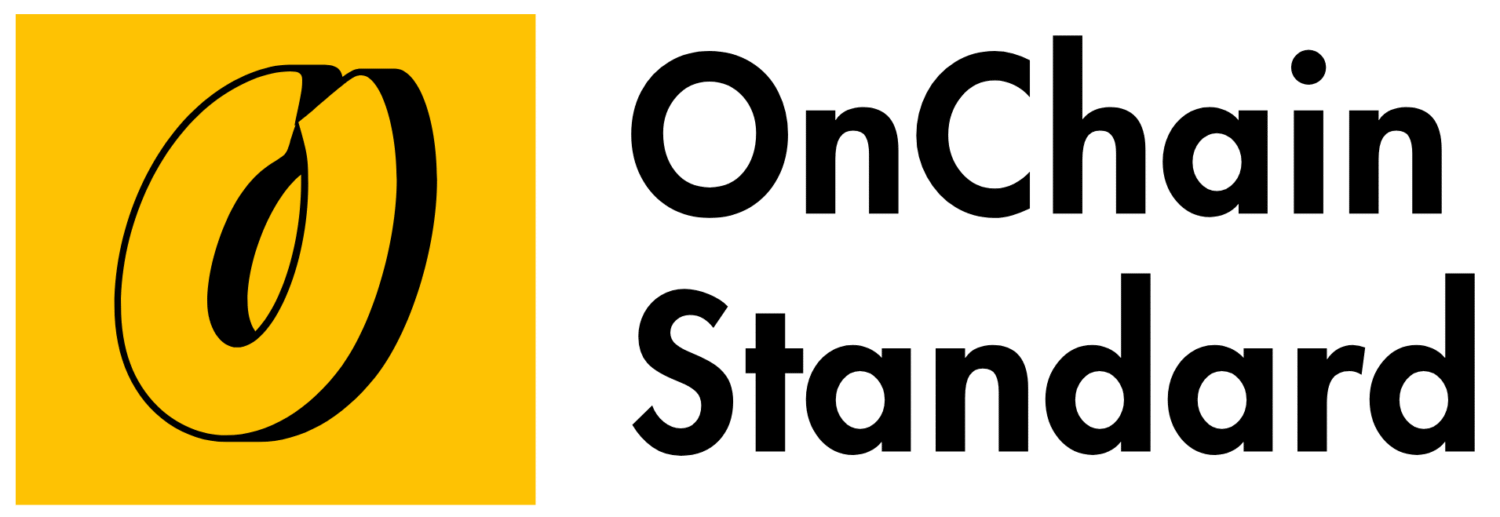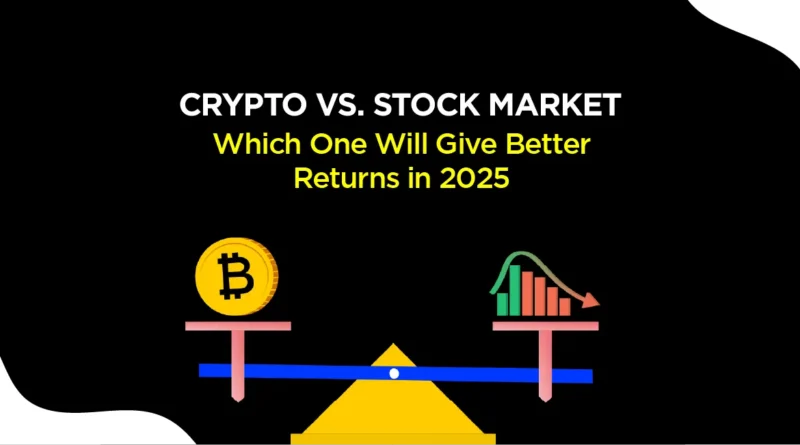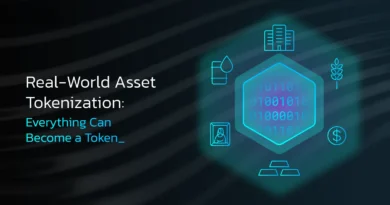Bitcoin vs Indian Stock Market: A Fun and Comprehensive Guide to Two Exciting Investment Worlds
Hey, there! Picture yourself standing at a crossroads with two treasure maps: one leads to the futuristic, digital realm of Bitcoin, and the other to the vibrant, bustling Indian Stock Market. Both are packed with opportunities, but they’re as different as a spaceship and a bullet train!
As your enthusiastic teacher, I’m here to take you on a thrilling journey comparing Bitcoin and the Indian Stock Market. We’ll explore how they work, their risks, rewards, and more, using fun examples to make it super clear. By the end of this lesson, you’ll be ready to explain these investment options to your friends like a financial wizard.
Grab your notebooks, and let’s dive into this epic showdown!
What Are Bitcoin and the Indian Stock Market?
Let’s meet our two stars, like characters in a grand adventure story.
🪙 Bitcoin: The Digital Treasure
Bitcoin (BTC) is a digital currency launched in 2009 by the mysterious Satoshi Nakamoto. It’s like a magical coin that exists only on the internet, powered by a revolutionary technology called blockchain. No bank or government controls it, making it a decentralized rebel in the world of money.
Think of Bitcoin as a rare digital collectible, with only 21 million coins ever to be made, traded globally on platforms like Coinbase.
👉 Example: Imagine sending 0.1 Bitcoin to your cousin in the US to buy her old gaming console. It arrives in minutes—no bank needed—like emailing a treasure chest!
Learn more: What is Bitcoin? – Investopedia
📈 Indian Stock Market: The Economic Powerhouse
The Indian Stock Market is where you buy and sell shares of companies listed on exchanges like the National Stock Exchange (NSE) or Bombay Stock Exchange (BSE). It’s like owning a tiny piece of giants like Reliance or Tata. Regulated by the Securities and Exchange Board of India (SEBI), it’s a structured marketplace where investors bet on India’s economic growth.
👉 Example: Picture buying 10 shares of a company like Infosys. If their stock price rises because they land a big tech deal, your investment grows, like planting a seed that becomes a money tree!
How Do They Work? A Side-by-Side Look
Let’s break down how these two investment worlds operate, using a classroom analogy to keep it fun.
⚙️ Bitcoin: Powered by Blockchain
Bitcoin runs on a blockchain, a digital ledger shared across thousands of computers worldwide. It’s like a magical, tamper-proof notebook where every Bitcoin transaction is recorded forever.
When you send Bitcoin, miners (super-smart computers) verify it by solving math puzzles in a process called Proof of Work. Once verified, the transaction is added to the blockchain. You store Bitcoin in a digital wallet, like a secure app or device, and trade it on exchanges like Binance.
👉 Example: Think of sending 0.05 Bitcoin to buy a concert ticket online. Miners check your payment, add it to the blockchain, and the ticket is yours in minutes—no middleman!
🔑 Key Feature: Decentralized, global, and open 24/7.
Read more: Bitcoin Whitepaper (bitcoin.org)
📊 Indian Stock Market: Trading Company Shares
The Indian Stock Market lets you buy shares of companies through brokers like Zerodha or Upstox, traded on NSE or BSE. It’s regulated, with set trading hours (9:15 AM to 3:30 PM IST).
👉 Example: Imagine buying 5 shares of HDFC Bank. If they launch a new app and their stock jumps 10%, your investment grows. But if the market crashes, your shares could dip!
🔑 Key Feature: Regulated, tied to real companies, and influenced by India’s economy.
Curious about stock trading? Read Zerodha’s Varsity Guide
Comparing Bitcoin and Indian Stock Market: The Big Picture
Let’s put these two side by side—like comparing a jetpack (Bitcoin) to a sturdy car (stocks). Here’s a breakdown across key factors:
1. Accessibility and Ease of Entry
Bitcoin: Anyone with internet access can buy Bitcoin on exchanges like WazirX. All you need is a wallet and basic KYC.
👉 Example: Your friend in a small town buys 0.01 Bitcoin using a mobile app—no bank account needed!
Indian Stock Market: Requires a Demat account, broker, and documentation.
👉 Example: Your cousin opens a Zerodha account, links her bank, and buys shares of Maruti Suzuki.
🏆 Winner: Bitcoin for global accessibility; stocks for structured entry.
2. Volatility and Risk
Bitcoin: Famous for wild swings. In 2021, it peaked at $69,000 before dropping to $16,000 in 2022. It’s thrilling, but risky.
👉 Example: Buy 0.2 BTC at $50,000 → Price rises to $70,000 = ₹4L gain. Falls to $30,000 = ₹4L loss.
Indian Stock Market: Relatively stable. The NIFTY 50 grows ~10% annually long-term but dips during market crashes.
👉 Example: ₹50,000 in Reliance can grow 10% or dip 15% depending on market trends.
🏆 Winner: Stocks for lower volatility; Bitcoin for high-risk, high-reward.
3. Returns and Growth Potential
Bitcoin: Explosive potential. From $1 in 2011 to $60K+ in 2025.
👉 Example: $1,000 invested in Bitcoin in 2015 could be worth ₹40L+ in 2025.
Indian Stock Market: Steady compound growth. Blue-chip stocks like TCS offer reliable 10–15% annual returns.
👉 Example: ₹1 lakh in NIFTY ETF in 2013 could be ₹2.5 lakh+ in 2023.
🏆 Winner: Bitcoin for explosive returns; stocks for consistent growth.
4. Regulation and Safety
Bitcoin: Lightly regulated in India. The RBI allows trading but warns of risks. Scams, rug pulls, and exchange hacks are concerns.
👉 Example: You store Bitcoin in a hardware wallet to avoid hacks—but lose the keys, lose the funds.
Indian Stock Market: Strictly regulated by SEBI, with strong investor protections.
👉 Example: Even if a broker fails, your Demat shares remain safe with NSDL/CDSL.
🏆 Winner: Stocks for regulatory safety; Bitcoin for freedom—with caution.
5. Liquidity and Trading Hours
Bitcoin: Trades 24/7. You can buy or sell anytime—even during holidays.
👉 Example: Sell Bitcoin at 2 AM IST to take advantage of a price jump in the US.
Indian Stock Market: Limited hours (Mon–Fri, 9:15 AM to 3:30 PM IST). Closed on weekends/holidays.
👉 Example: NSE is closed during a global crash—you miss a chance to exit.
🏆 Winner: Bitcoin for 24/7 trading; stocks for structured liquidity.
Pros and Cons: A Quick Cheat Sheet
| Feature | Bitcoin | Indian Stock Market |
|---|---|---|
| Pros | Global, decentralized, 24/7, high ROI potential | Regulated, steady growth, reliable |
| Cons | Highly volatile, risk of hacks, less regulated | Limited hours, moderate returns |
| Best For | Tech-savvy, risk-tolerant investors | Long-term, stability-focused investors |
Which Should You Choose?
Class, choosing between Bitcoin and the Indian Stock Market is like picking between a sci-fi adventure and a classic novel—both are awesome, but your choice depends on your risk appetite and goals!
-
Pick Bitcoin if: You’re tech-savvy, open to risk, and want global access.
-
Pick Stocks if: You want stability, regulation, and believe in India’s economy.
-
Pick Both if: You want to diversify your portfolio like a smart investor!
Ready to Dive Deeper?
You’re now investment explorers! Here are some awesome resources to keep learning:
Final Note: Investing in Bitcoin or stocks involves risks, including price volatility and potential losses. Always do your research and invest through trusted platforms.




